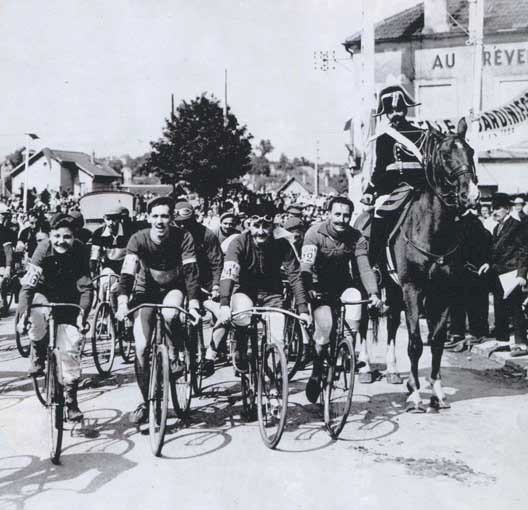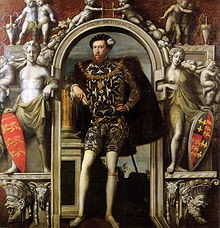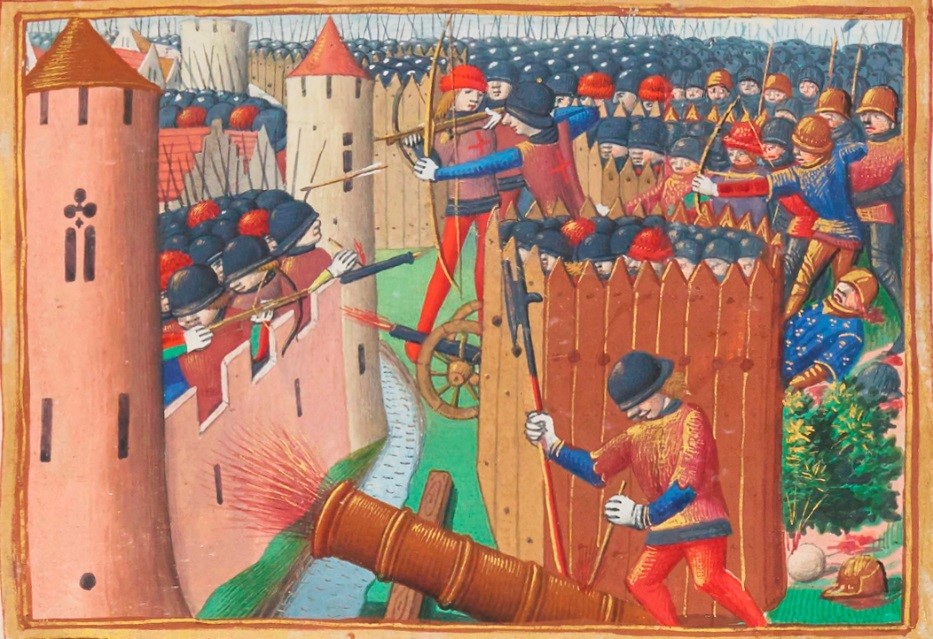Each Tuesday the intrepid team of TPS History detectives meet to delve into the past and research famous events to coincide with the publishing date of The Courier that week. They have only one hour to research, write and illustrate their articles. We hope you enjoy them and discover some fascinating bits of History.
Joanna Hall-Tomkin, Head of History and Pastoral Head Years 5&6
THE FIRST TOUR DE FRANCE 1903
The Tour de France in 1903 was the first ever cycling race, set up and sponsored by the newspaper at the time “L’Auto” an ancestor of the current daily, L’Équipe. The race ran from the 1st to 19th of July. Split up into six stages over 2,428 km which is 1,509 miles. The race was originally supposed to be over a month long from May the 31st until July 5th, but as only 15 people signed up a week before the race they showed adaptability (which the race is known for) and made the race shorter. 60 riders. (Most were French but there were a few men of Belgian, Swiss, German and Italian nationality) departed from the Cafe au Réveil-Matin at 3:16 PM in Montgeron on the outskirts of Paris. Of these, only 21 men were sponsored or professional bikers. The first stage, from Paris to Lyon, was 467 kilometres long with people riding both day and night. Only 37 riders were able to finish the day’s race. On July 19th, only 21 of the 60 finished the tour. At Paris’ Parc de Princes velodrome 20,000 spectators saw Maurice Garin win the final stage and win the Tour. But the final finisher came in over two days later. While the famed “Yellow Jersey” worn by the man leading the Tour de France would not be worn until 1919, Garin was given a green armband to signify his lead instead. Over 130,000 copies were printed for the final stage (an increase of 100,000) for the tour. Second place was Lucien Pothier and the third place was Fernand Augerua, who are both French men.

Henry Howard Executed 1547
Henry Howard was the Earl of Surrey, son of the Duke of Norfolk.
He was also the cousin of both Catherine Howard and Anne Boleyn the second and fifth wives respectively, of King Henry VIII.
As he grew older, Henry VIII became consumed by paranoia and became convinced that Surrey, with his strong royal connections, (he was descended from King Edward I on his father’s side and from King Edward III on his mother’s side) was plotting to steal the crown from Henry’s young son, the future King Edward VI. Surrey was sentenced to death and beheaded at the Tower of London, on the 19th January 1547.
He was unlucky, as Henry VIII died on the 29th January and as Surrey survived until then, the execution order would have been rescinded.

Hundred Years War – Siege of Rouen 1419
The Siege of Rouen (29 July 1418 – 19 January 1419) was a major event in the Hundred Year’s War, where English forces loyal to Henry V captured Rouen. At the time of the siege the city had a population of 20,000, making it one of the leading cities in France, and its capture crucial to the Normandy campaign.
When the English reached Rouen, the walls were defended with 60 towers, each containing three cannons and 6 gates protected by barbicans. The defence was lined by an army of crossbow men under the command of Alain Blanchard, commander of the crossbows (arbalétriers), and second in command to Guy le Bouteiller, the overall commander.
To besiege the city, Henry decided to set up four fortified camps and barricaded the River Seine with iron chains, completely surrounding the city, with the English intending to starve out the defenders. By December, the inhabitants were eating cats, dogs, horseflesh, and even mice. The streets were filled with starving citizens. The city expelled more than 12,000 of the poor to save food. Henry would not allow the people to leave the siege line, and so the starving, people of Rouen were forced to live in the ditch dug near the city wall for its protection. Even the English felt sorry for the starving people. On Christmas Day 1418, King Henry allowed two priests to give food to the starving people, but the day soon ended and the people went back to dying miserably in the ditch.
Despite several sorties led by the French garrison, this state of affairs continued. On New Year’s Eve, Boutellier asked to reason with the English. Following ten days of discussing terms, the French defenders decided they would surrender on 19 January 1419 if no help had arrived. The surviving French would be allowed to keep their homes and property if they paid 300,000 gold crowns and swore allegiance to the English.





